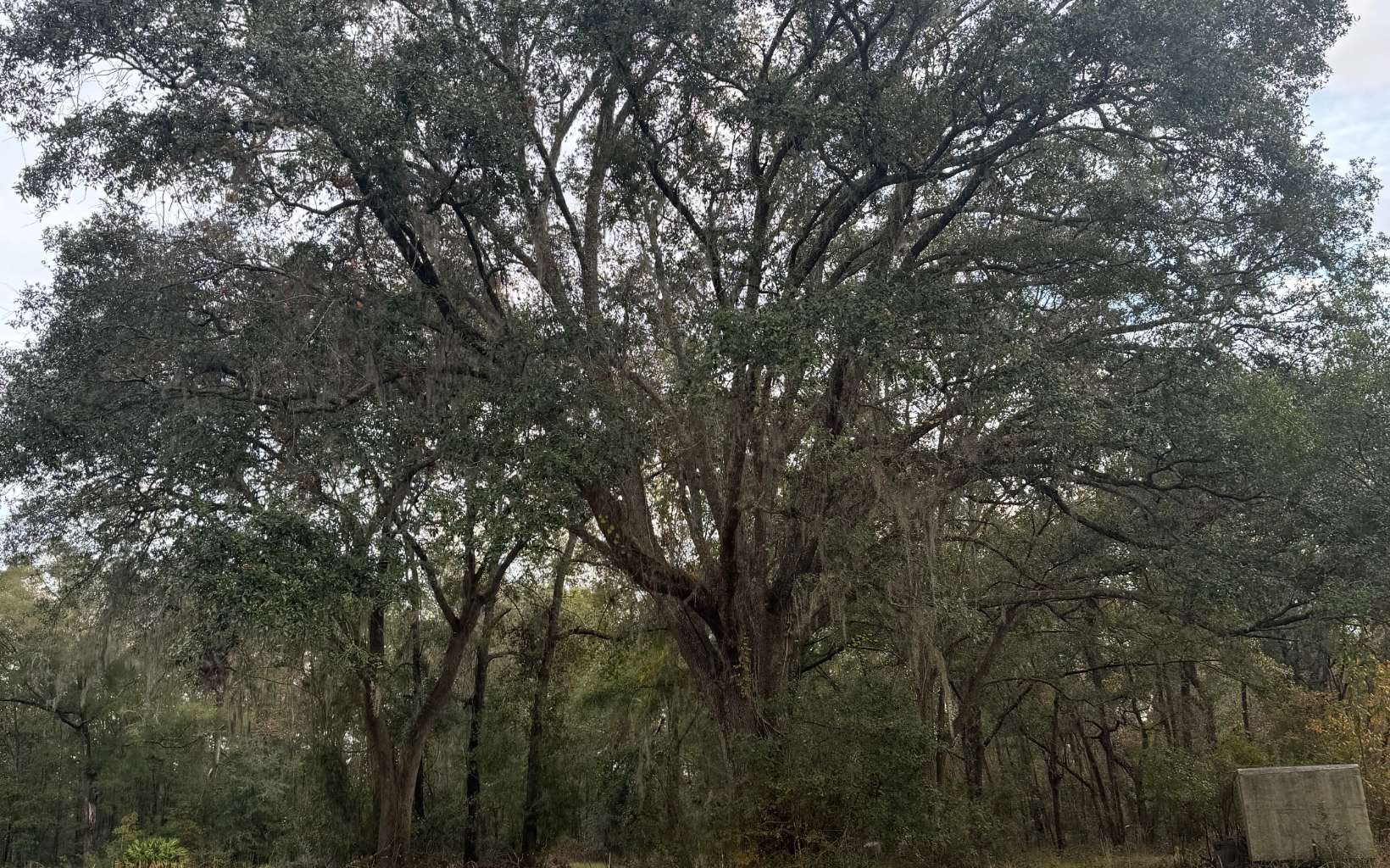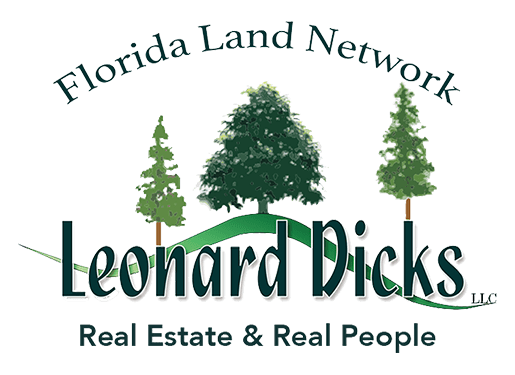
Purchasing land in rural North Florida offers exciting opportunities for homesteading, farming, or investment. However, to ensure a successful acquisition, it’s crucial to approach the process methodically. Here are the essential steps to guide you through purchasing rural land in North Florida:
1. Define Your Purpose and Requirements
Before beginning your search, clarify your long-term goals for the land. Consider whether you aim to use the property for:
- Agriculture (crops, livestock, or orchards)
- Residential development (for a family home, a vacation property, or a small community)
- Recreation (for hunting, fishing, or camping)
- Investment purposes (buying to hold, sell later, or lease)
Once you’ve determined your purpose, consider factors such as acreage, soil quality, water sources, and access to amenities. If your goal includes extensive farming, look for land with nutrient-rich soil, a reliable water source, and enough acreage to support crop rotation or livestock grazing. For a homestead, you might prioritize access to utilities, proximity to nearby towns, and recreational areas.
2. Research Potential Locations in North Florida
North Florida’s rural areas vary widely in terms of soil quality, climate, and community resources, so it’s essential to research counties that align with your objectives. Counties like Columbia, Suwannee, and Madison each have unique features:
- Soil Fertility and Climate: Look into local soil types and climate conditions, as they will directly impact agricultural potential. For example, loamy soils in some North Florida areas are ideal for growing a wide range of crops, while sandy soils may require more amendments. UF/IFAS offers valuable agricultural information by county, helping you understand what grows best in different regions.
- Community Resources and Infrastructure: Explore whether the area has farmers’ markets, agricultural support services, and nearby educational resources. North Florida has a growing agricultural community, with resources for new landowners looking to join local networks.
3. Understand Zoning and Land Use Regulations
Zoning is critical when purchasing rural land, as it dictates what activities are permissible on your property. Zoning laws can restrict certain types of farming, building structures, or recreational use:
- Agricultural Zoning: Some rural areas are designated as agricultural zones, allowing for various farming and livestock activities. Ensure that any property you’re considering has zoning aligned with your plans.
- Residential Zoning: If you plan to build a residence, verify that residential structures are permitted on the land.
- Special Use Permits: For activities like hunting or commercial agriculture, some counties may require special permits or additional reviews.
The Florida Department of Economic Opportunity (DEO) provides zoning resources and guidelines, allowing you to check whether your intended use aligns with local land use planning. Contacting the county zoning office where the land is located is also helpful for clarifying restrictions.
4. Conduct a Thorough Property Evaluation
Before finalizing any land purchase, conduct a detailed evaluation of the property’s natural and logistical features:
- Soil Quality: Soil quality affects crop productivity and livestock grazing. Use the Natural Resources Conservation Service (NRCS) to conduct soil surveys, which reveal key details about soil type, pH levels, drainage, and fertility.
- Water Access: Access to water is crucial for irrigation, livestock, and residential use. If the property lacks a natural water source, such as a stream or pond, you’ll need to consider installing a well. The Florida Department of Environmental Protection (DEP) provides guidelines for well construction, permits, and water quality testing.
- Environmental Concerns: Check for protected species, wetlands, and flood zones. Wetlands can limit building and land development, and flood zones may impact property insurance costs. Consulting an environmental assessment or local records can help identify these potential restrictions.
5. Secure Financing Options for Rural Land
Securing financing for rural land differs from financing a traditional home. Many lenders consider rural land to be a higher risk, so consider various options:
- Traditional Land Loans: Banks and credit unions may offer land loans specifically for rural properties, often requiring a larger down payment than a standard mortgage.
- Agricultural Loans: If you plan to use the land for farming, the Farm Service Agency (FSA) provides loans tailored to agricultural land purchases, including options for first-time farmers and minority landowners.
- Owner Financing: Some sellers offer financing directly, allowing you to bypass traditional lenders. Be sure to agree on terms like interest rate, payment schedule, and penalties, and involve an attorney to ensure the contract is legally sound.
6. Perform Comprehensive Due Diligence
Due diligence is an essential step before purchasing land, ensuring that you understand any financial or legal obligations attached to the property:
- Liens and Encumbrances: Research any liens, unpaid taxes, or other financial encumbrances attached to the land. The Florida Department of Revenue can provide information on property tax history and outstanding obligations.
- Easements and Access Rights: Easements may grant other parties access to or across your property. Confirm any existing easements, as these could affect your privacy or land usage. A title company or attorney can help verify any encumbrances.
- Boundary Surveys: A professional land survey ensures you understand property boundaries, which is critical for fencing, building, or accessing specific areas. Surveys can also reveal boundary disputes with neighboring properties.
7. Engage Professional Assistance
Professional guidance is invaluable when buying rural land. Consider consulting:
- Real Estate Agent: Choose an agent familiar with rural North Florida properties who can help identify land that aligns with your needs.
- Real Estate Attorney: A real estate attorney can review contracts, conduct title searches, and ensure your purchase adheres to all local and state laws.
- Surveyors and Environmental Consultants: Surveyors confirm land boundaries, while environmental consultants assess any protected land features, helping you avoid unexpected restrictions.
8. Plan for Development and Sustainability
If you intend to build, farm, or create a homestead on your land, develop a comprehensive plan for infrastructure, maintenance, and sustainable practices:
- Infrastructure Needs: Consider your needs for roads, utility connections, and basic facilities. Rural areas may require you to create your own access roads or arrange for septic and water systems.
- Permitting and Legal Requirements: Check with the county for required permits for building, irrigation, and waste disposal. UF/IFAS offers extensive resources on agricultural best practices, sustainable land development, and resource management to help guide your plans.
- Sustainable Practices: To maintain the long-term health of your land, incorporate sustainable practices such as crop rotation, composting, and water conservation techniques. Organizations like UF/IFAS provide guidance on sustainable agriculture, covering everything from soil health to pest management.
Are You Buying a Home or Land for Sale in Lake City?
If you’re moving to Lake City, we can help you find the perfect place to live. Call us at 386-243-0124 to tell us what you want from your home and we will begin searching right away.
Check these out:
- Paved road frontage for sale in Columbia County
- Non-deed-restricted land for sale in Columbia County
- Wooded oak tree land for sale in Columbia County
- Land-for-land home combo in Lake City
- Waterfront residential in Lake City
- Waterfront land in Columbia County
- Bank-owned homes and foreclosure in Columbia County
- Short sales in Columbia County



